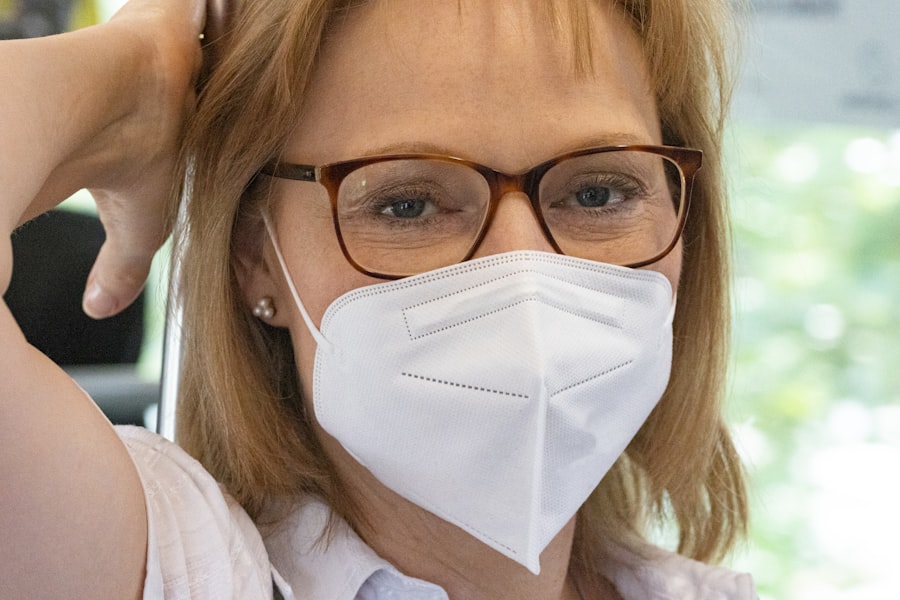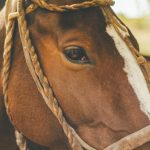Bird flu, or avian influenza, is a highly infectious viral disease primarily affecting birds but can also infect humans and other animals. This zoonotic disease poses a significant public health risk. Transmission occurs through contact with infected birds, their droppings, or contaminated surfaces and objects.
Various strains of bird flu exist, with H5N1 and H7N9 being particularly concerning due to their potential to cause severe illness and fatalities in humans. The threat of bird flu is substantial, with potential devastating consequences for both the poultry industry and public health. Outbreaks can have severe economic impacts on poultry farms.
Moreover, there is a risk of viral mutation, potentially leading to increased human-to-human transmission and the possibility of a global pandemic. It is essential for poultry farmers and bird owners to comprehend the risks associated with bird flu and implement preventive measures to mitigate its spread.
Table of Contents
Key Takeaways
- Bird flu poses a serious threat to poultry and human health, and understanding the risks is crucial for prevention.
- Implementing biosecurity measures such as controlling access to farms and disinfecting equipment can help prevent the spread of bird flu.
- Regular vaccination and health checks for birds are essential in preventing the spread of bird flu.
- Minimizing contact with wild birds, which can carry the virus, is important in preventing the spread of bird flu.
- Proper waste management, including the safe disposal of dead birds, is crucial in preventing the spread of bird flu.
- Quarantining new birds before introducing them to existing flocks can help prevent the spread of bird flu.
- Seeking professional advice and guidance from veterinarians and agricultural experts is important in developing a comprehensive bird flu prevention plan.
Implementing biosecurity measures
Controlling Access and Monitoring Health
One of the most effective ways to prevent the spread of bird flu is by implementing strict biosecurity measures on poultry farms and in backyard bird setups. This includes controlling access to the premises, ensuring proper sanitation and hygiene practices, and monitoring the health of birds regularly.
Limiting Movement and Preventing Contact with Wild Birds
Farmers should limit the movement of people, vehicles, and equipment onto their premises, as well as implement measures to prevent wild birds from coming into contact with their flocks.
Maintaining a Clean and Hygienic Environment
Biosecurity measures also involve maintaining a clean and hygienic environment for birds, including regularly disinfecting equipment and facilities, as well as providing clean water and feed. Additionally, farmers should practice good personal hygiene, such as washing hands and changing clothes before and after handling birds.
By implementing these biosecurity measures, poultry farmers can significantly reduce the risk of bird flu outbreaks on their farms and protect the health of their flocks.
Vaccination and regular health checks

Vaccination is an essential tool in preventing the spread of bird flu in poultry flocks. There are vaccines available for certain strains of avian influenza, which can help protect birds from becoming infected and reduce the likelihood of transmission to humans. Poultry farmers should work with their veterinarians to develop a vaccination program tailored to their specific needs and the prevalent strains of bird flu in their region.
In addition to vaccination, regular health checks are crucial for early detection of any signs of illness in birds. Farmers should monitor their flocks closely for any unusual behavior or symptoms, such as decreased egg production, respiratory distress, or sudden deaths. Any suspected cases of bird flu should be reported to the relevant authorities immediately to prevent further spread of the virus.
By staying vigilant and proactive in monitoring the health of their birds, farmers can help prevent outbreaks of bird flu on their premises.
Minimizing contact with wild birds
Wild birds are natural carriers of avian influenza viruses, and their migration patterns can contribute to the spread of the disease across different regions. Poultry farmers should take steps to minimize contact between their flocks and wild birds, such as by using netting or other physical barriers to prevent wild birds from accessing their premises. Additionally, farmers should avoid placing feed and water sources in areas where wild birds are likely to congregate.
It is also important for farmers to be aware of any wild bird populations in their vicinity and take precautions to prevent potential contact with their flocks. This may include discouraging wild birds from roosting or nesting near poultry facilities and regularly cleaning up any spilled feed or droppings that could attract wild birds. By minimizing contact with wild birds, poultry farmers can reduce the risk of introducing avian influenza viruses onto their premises.
Proper waste management
Proper waste management is essential for preventing the spread of bird flu on poultry farms. This includes safely disposing of dead birds, as well as managing manure and other waste products in a way that minimizes the risk of contamination. Farmers should have designated areas for disposing of dead birds, such as burial sites or composting facilities, and follow strict protocols for handling and disposing of carcasses.
In addition, manure management is an important aspect of waste management on poultry farms. Farmers should regularly clean and disinfect manure pits and storage areas to prevent the buildup of infectious agents. Proper ventilation and drainage systems should also be in place to reduce the risk of airborne transmission of avian influenza viruses.
By implementing proper waste management practices, poultry farmers can help prevent the spread of bird flu on their premises.
Quarantine new birds

Observation and Isolation
When introducing new birds onto a poultry farm or into a backyard setup, it is crucial to quarantine them to prevent the potential spread of avian influenza. Quarantine periods allow for observation of new birds for any signs of illness before they are integrated into existing flocks. During quarantine, new birds should be kept separate from existing flocks and monitored closely for any signs of disease.
Biosecurity Measures
Quarantine protocols should also include strict biosecurity measures to prevent potential transmission of avian influenza viruses between new and existing birds. This may include separate feeding and watering equipment, as well as dedicated clothing and footwear for handling new birds.
Reducing the Risk of Avian Influenza
By quarantining new birds and following strict biosecurity protocols, poultry farmers can reduce the risk of introducing avian influenza onto their premises. This proactive approach can help protect the health and well-being of their birds, as well as prevent the potential economic losses associated with an avian influenza outbreak.
Seeking professional advice and guidance
Poultry farmers should seek professional advice and guidance from veterinarians and other experts in avian health to develop comprehensive strategies for preventing the spread of bird flu. Veterinarians can provide valuable insights into the prevalent strains of avian influenza in a particular region and recommend appropriate vaccination protocols for poultry flocks. They can also offer guidance on biosecurity measures, disease surveillance, and emergency response plans in the event of a suspected outbreak.
In addition to working with veterinarians, poultry farmers can also benefit from seeking guidance from agricultural extension services, industry organizations, and government agencies responsible for animal health. These resources can provide valuable information on best practices for preventing avian influenza, as well as updates on any emerging threats or regulatory requirements. By seeking professional advice and guidance, poultry farmers can stay informed and proactive in protecting the health of their flocks and preventing the spread of bird flu.
If you’re concerned about keeping your chickens safe from bird flu, you may also want to consider investing in a heater for your chicken coop. This article from Poultry Wizard provides helpful information on how to choose the right heater for your coop to keep your chickens warm and healthy during the colder months. Check it out here.
FAQs
What is bird flu?
Bird flu, also known as avian influenza, is a viral infection that primarily affects birds. It can also infect humans and other animals in some cases.
How does bird flu spread to chickens?
Bird flu can spread to chickens through direct contact with infected birds, contaminated surfaces, or through the air. Wild birds, such as ducks and geese, can also carry the virus and transmit it to domestic chickens.
What are the symptoms of bird flu in chickens?
Symptoms of bird flu in chickens can include sudden death, decreased egg production, respiratory distress, swelling of the head, and blue discoloration of the comb and wattles.
How can I keep my chickens safe from bird flu?
To keep your chickens safe from bird flu, you should practice good biosecurity measures, such as limiting access to your flock, keeping the coop and surrounding areas clean, and preventing contact with wild birds. Additionally, you should report any signs of illness in your flock to a veterinarian.
Can humans get bird flu from chickens?
Yes, humans can get bird flu from infected chickens, especially if they come into close contact with sick birds or their droppings. However, the risk of human infection is generally low, and most cases have occurred in people who work closely with infected birds.
Meet Walter, the feathered-friend fanatic of Florida! Nestled in the sunshine state, Walter struts through life with his feathered companions, clucking his way to happiness. With a coop that’s fancier than a five-star hotel, he’s the Don Juan of the chicken world. When he’s not teaching his hens to do the cha-cha, you’ll find him in a heated debate with his prized rooster, Sir Clucks-a-Lot. Walter’s poultry passion is no yolk; he’s the sunny-side-up guy you never knew you needed in your flock of friends!







